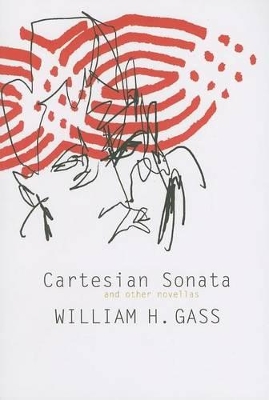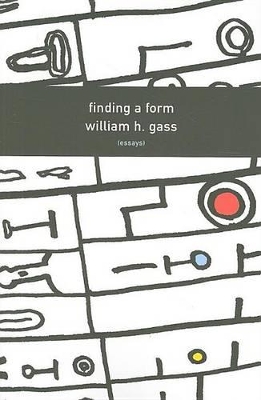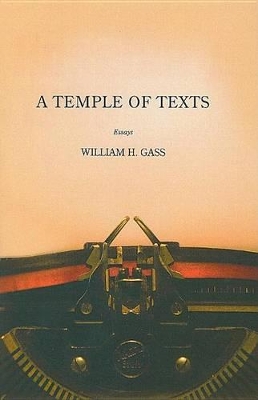American Literature
3 total works
From the award-winning author of The Tunnel and A Temple of Texts come four interrelated novellas that explore good and evil, action and thought, redemption and possession. The reader will encounter here a traveling salesman who gets lost in the kitschy clutter of a small town in Illinois, a young woman in rural Iowa who loses touch with the outside world and turns to the poetry of Elizabeth Bishop as anchor, and the coming-of-age story of a devilish young man named Luther (who might as well be called Lucifer). These stories are filled with the familiar style, brilliance, philosophy, and wit that fans of William Gass have come to expect and cherish.
William Gass writes about literary language, about history, about the avant-garde, about minimalism's brief vogue, about the use of the present tense in fiction (Is it due to the lack of both a sense of history and a belief in the future?), about biography as a form, about exile - spiritual and geographical - and he examines the relationship of the writer's life to the writer's work. With dazzling intelligence and wit, Gass sifts through cultural issues of our time and contemplates how written language, whether a sentence or an entire book, is a container of consciousness, the gateway to another's mind that we enter for a while and make our own.
Winner of the 2007 Truman Capote Award for Literary Criticism, A Temple of Texts is the latest critical collection from one of America's greatest essayists and novelists. Here, William H. Gass pays homage to the readerly side of the literary experience by turning his critical sensibility upon all the books that shaped his own development as a reader, writer, and human being. With essays on figures ranging from William Shakespeare and Gertrude Stein to Flann O'Brien and Robert Burton, Gass creates a "temple" of readerly devotion, a collection of critical explorations as brilliant and incisive as readers have come to expect from this literary master, but also a surprisingly personal window into the author's own literary development.


